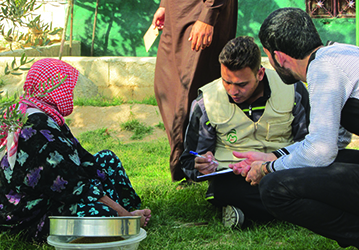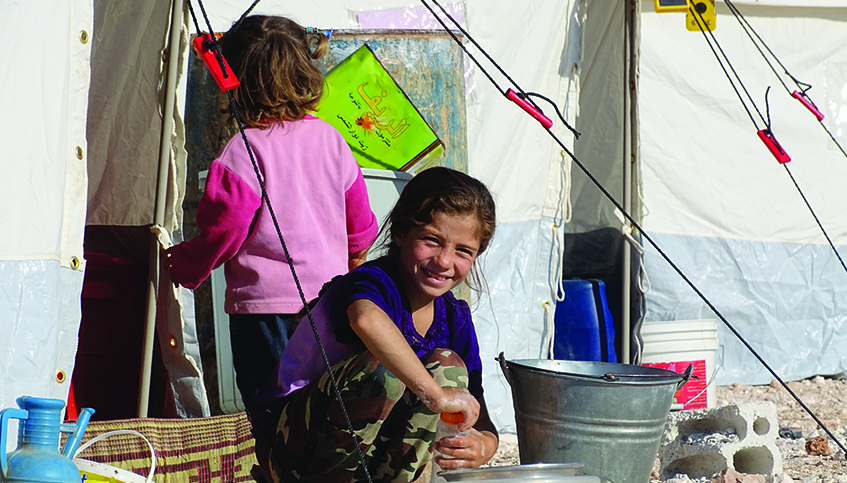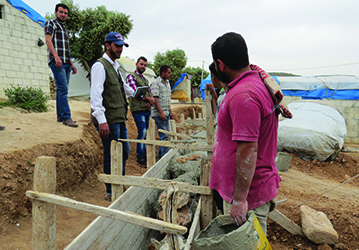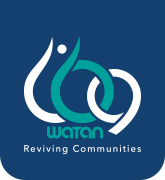Shelter And Non - Food Items (NFI) Program

The shelter program aims to provide safe shelter for internally displaced persons by providing healthy living conditions with privacy and dignity to groups of people and families. This occurs in various forms such as camps, temporary or permanent housing.
Other components of the program include the distribution of non-food items for daily life such as seasonal clothing, cooking equipment, shelter kits and heaters for humanitarian purposes.


AREAS OF EXPERTISE
-
Distribution of non-food items to persons in emergency situations: Rapid response taking into account the accuracy of needs assessment and response quality.
-
Support transitional shelter:
- Provision of solid shelter interventions: Support for return to the place of origin when conditions are appropriate for the rehabilitation of damaged houses and buildings.
- Adequate emergency preparedness: Plan an emergency response by ensuring access to items and actions ready for appropriate interventions.
PROGRAM HISTORY
The first non-food program was launched at the end of 2012, as a result of donations collected, resulting in the distribution of 3,000 blankets and 10,000 sleeping bags for the displaced.
Alongside this project in the same year, WATAN continued to distribute 4,000 blankets in 20 districts in Tripoli, Lebanon to help refugees in dire need of basic winter requirements.
The shelter and non-food program in WATAN has come a long way since 2016 and has expanded and is currently operating in Al Muraa, rural Idlib, distributing 10,000 emergency kits such as blankets, kitchenware and tarps, for new IDP.
Work is under way to rehabilitate 550 damaged homes in Maraat Al-Numan, Maraat Shimsha, Kafran Bil, Kafar Aweed, Has and Kafar Rooma in Idlib countryside.
PROGRAM PHILOSOPHY AND DIFFERENTIATION:
WATAN,s rapid response network consists of 50 volunteers, in various regions within Syria, who make weekly reports on changes in the humanitarian situation in their region, including new increases in the number of IDPs.
This report is sent to the program team, which will determine the best course of action required to rectify the state of emergency.
Examples of results include the distribution of non-food baskets consisting of kitchen sets, mattresses, solar lamps, kerosene heaters as well as other basic requirements.
There is coordination with other programs, such as the WASH program, to inform them of any issues that need to be referred to them, such as open sewerage systems.
Communicating with the cluster is vital, to ensure that there is no duplication in any efforts.
In line with capacity-building, the shelter and non-food program seeks to further develop the rapid response network to expand the coverage area in order to reach more accessible areas and thus increase the number of beneficiaries, with a view to achieving sustainable results.
The program prides itself on:
-
Rapid response mechanism.
-
WATAN Rapid Response Network with extensive coverage and well equipped.
- Qualified and experienced field staff.
- Various intervention activities.
- Strong relationships with local actors due to local acceptance.
PROJECTS
-
voice for the voiceless.
-
rehabilitation and distribution of non-food baskets.

